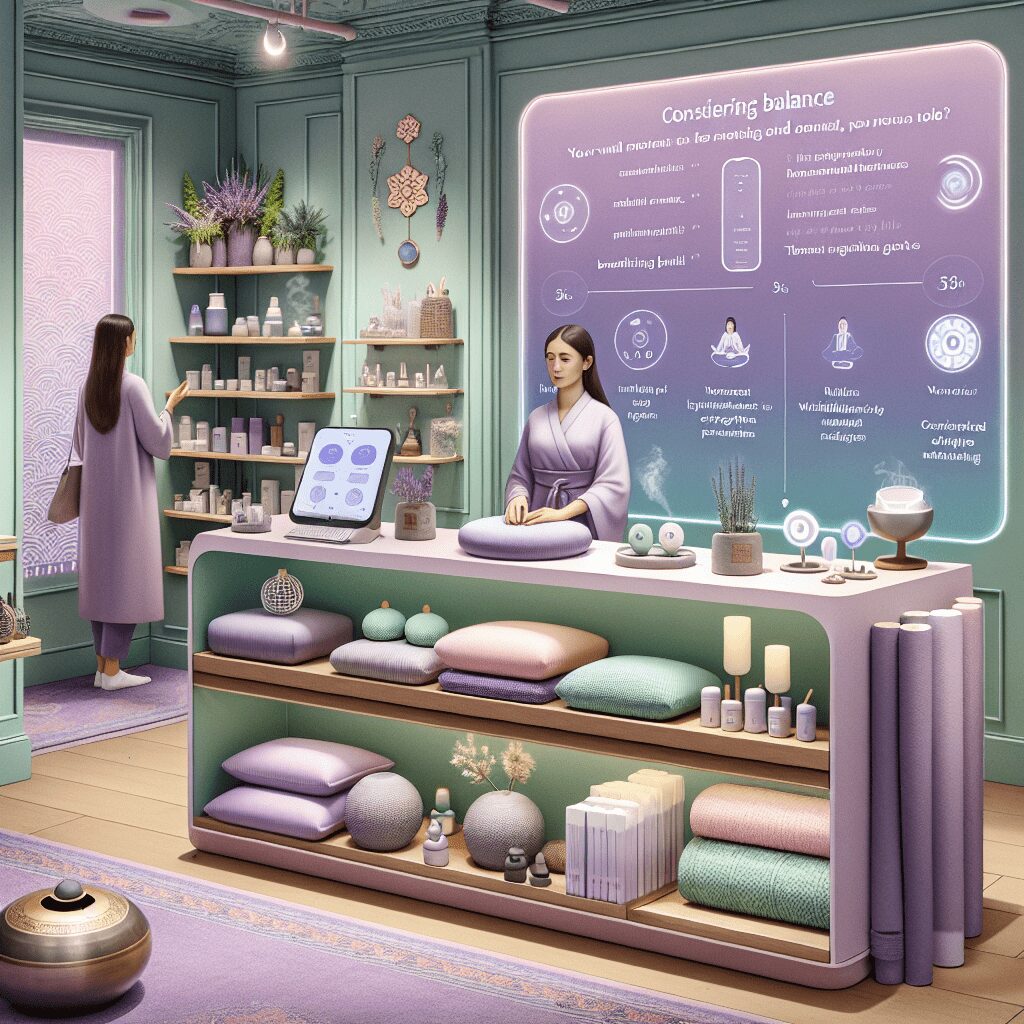
Prioritize your mental well-being daily. Enhance your life by nurturing your mental health with the Smart Meditation app. Break free from stress, alleviate anxiety, and enhance your sleep quality starting today.
Does Anxiety Lead To Depression?
The Intricate Tango of Anxiety and Depression
In the vast expanse of mental health discourse, the query “Does anxiety lead to depression?” triggers a web of complex interactions, much like opening Pandora’s box. Without a shadow of a doubt, anxiety and depression are the dynamic duo often seen galavanting together in the mental health scene. However, to say anxiety directly begets depression would be oversimplifying their intricate relationship. Let’s unravel this tapestry thread by thread, shall we?
The Chicken or the Egg Dilemma
First off, understanding anxiety and depression requires peeling back layers of psychological nuance. Anxiety, the notorious beast, often manifests as an uninvited guest that overstays its welcome, turning one’s mind into a battleground of ‘what-ifs’. Depression, on the other hand, is akin to a heavy blanket of despair that dims the bright hues of life into monochromatic shades of grey.
The perpetual question, akin to the chicken or the egg conundrum, is whether anxiety sparks the fire of depression or vice versa. Here’s the kicker – studies suggest that these two might as well be partners in crime, influencing and exacerbating each other in a cyclical dance. However, it’s not all doom and gloom. Recognizing their interconnectedness is the first step toward disentangling their grip on one’s life.
Diving Deeper: The Science Bit
Fascinatingly, research reveals that nearly half of those diagnosed with depression are also diagnosed with an anxiety disorder. But wait, there’s more! The plot thickens when we consider the neurobiological and environmental factors at play. It’s like piecing together a jigsaw puzzle where every piece reveals a bit more of the bigger picture.
Neurotransmitters, the body’s chemical messengers such as serotonin and dopamine, play a starring role in this narrative. Imbalances in these chemicals can lead to the double trouble of anxiety and depression. Moreover, traumatic events or chronic stress can trigger anxiety, setting the scene for depression to waltz in. It’s a case of “you scratch my back, I’ll scratch yours” between the two.
Breaking the Cycle: A Glimmer of Hope
Now, before you throw in the towel, believing you’re locked in an eternal tango with anxiety and depression, hold up! There’s a beacon of hope on the horizon. The silver lining here is that understanding the interplay between anxiety and depression paves the way for effective treatment strategies.
- Individual Therapy: Engaging in talk therapy can be akin to shining a flashlight in the dark corners of one’s mind, illuminating pathways to coping mechanisms and resolution.
- Medication: Sometimes, getting a leg up in regaining balance can come in the form of medication, tailored to address the chemical imbalances in the brain.
- Lifestyle Tweaks: Never underestimate the power of small changes. Incorporating regular exercise, a balanced diet, and mindfulness practices can be revolutionary in managing anxiety and staving off depression.
It’s crucial to remember, seeking help is not a sign of weakness. Rather, it’s akin to recruiting allies in your personal battle.
In Conclusion, It’s Complicated
To circle back to the original inquiry, “Does anxiety lead to depression?” The answer is not a straightforward ‘yes’ or ‘no’. It’s more of a “Yes, but it’s complicated.” Anxiety and depression share a complex and symbiotic relationship, each potentially fueling the other. However, knowledge is power, and understanding this relationship is paramount in navigating the mental health maze.
Remember, while anxiety and depression may attempt to steer the ship, you’re the captain of your destiny. With the right tools and support, charting a course toward calmer waters is entirely within reach. So let’s keep the conversation going, dispel the stigmas, and support one another in our journeys. After all, in the vast ocean of life, we’re all in the same boat.





